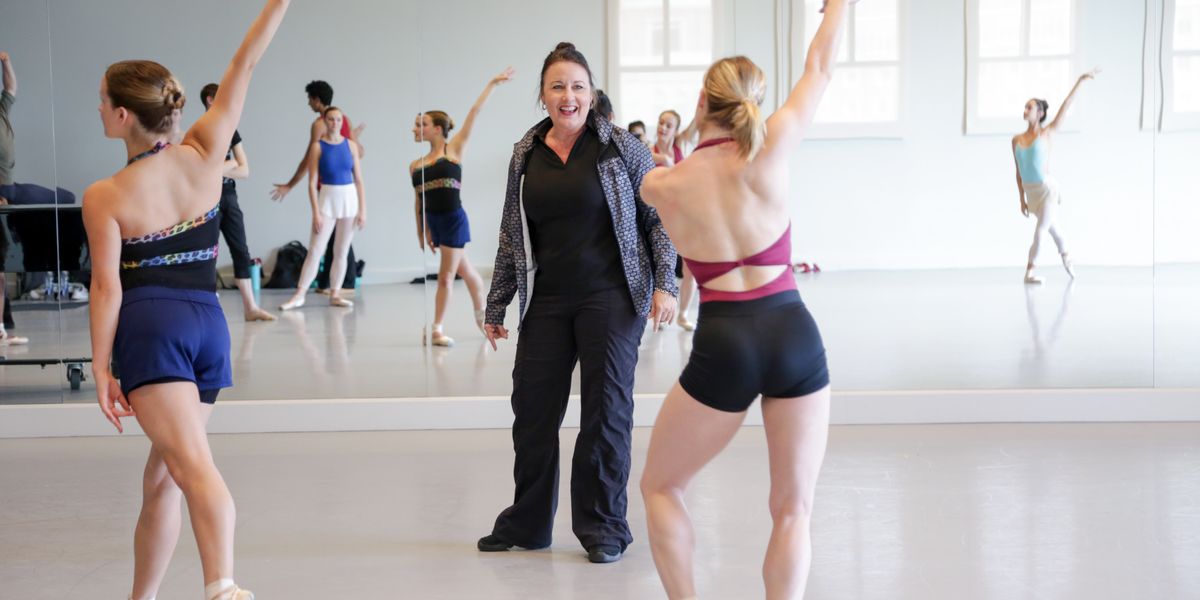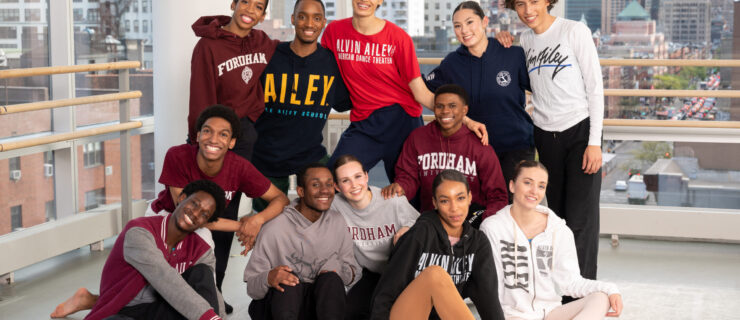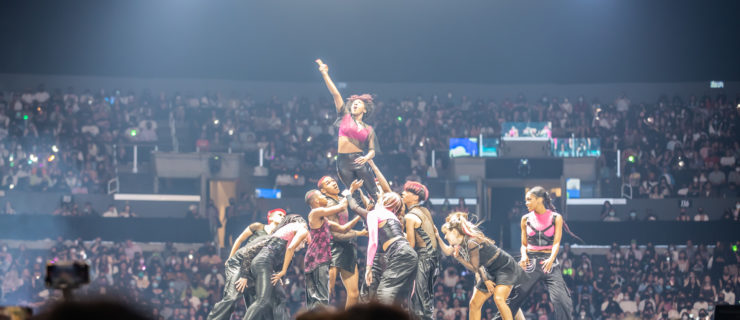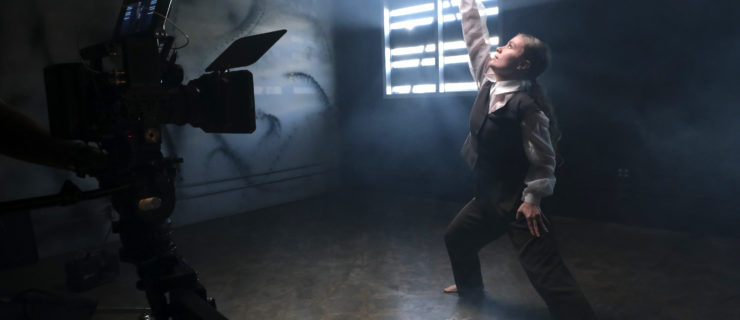College Dancers, Climb Aboard the SS Mentor-ship
You might be surprised to hear that both Seán Curran, chair of the dance department at the NYU Tisch School of the Arts, and Jodie Gates, the director of the University of Southern California Glorya Kaufman School of Dance, still have mentors. After all, they’re both leading educators at two of the country’s most prestigious dance programs. But, as Gates says, “everybody needs a mentor.”
But if you’re a college dance student, finding a mentor (and asking them all the questions you really have on your mind) can be a challenge. Dance Spirit spoke to these two educators—and mentees—about the whys and hows of finding a faculty mentor in your college dance program.
Why You Need a Faculty Mentor
Spending one-on-one time with an instructor outside of class might seem like just another item to add to your already busy schedule, but cultivating a relationship with a faculty mentor is only going to help your dance career.
“College is a bridge to the professional world,” says Curran. “It’s your mentor who is going to give you options.”
Remember that your professors aren’t “just” professors—many of them have celebrated dance careers or professional connections within the dance world, and all of them have knowledge about the dance industry they can share with you.
“You can ask your faculty mentor, ‘What company do you think I should be aiming for?’ or ‘I’m interested in auditioning for the Rockettes. How do I go about that?’ ” says Gates.

Curran and Giada Matteini leading a meeting with the Second Avenue Student Dance Company at the NYU Tisch School of the Arts (courtesy NYU Tisch )
Finding the Mentor Who’s Right for You
At the USC Glorya Kaufman School of Dance, students are assigned several different mentors over the course of their time at school. Gates says that often, she assigns students mentors who share a similar interest—if a student comes in identifying as a ballerina, she might be assigned a mentor who is an expert in ballet or pointework. “That way, it should be comfortable, even walking into the room that very first time,” says Gates.
So, looking for a mentor whose area of expertise matches your interests can be a good place to start. Right away, they’ll understand your goals, as well as any challenges you might face. But, according to Curran, it can also be helpful to find a mentor whose field of study is totally out of your comfort zone.
“If somebody is doing something you don’t necessarily do or understand, go to that person, because they’ll show you another way,” says Curran. “Maybe there’s a music teacher that can mentor you on your musicality, or a ballet teacher who can inform a contemporary piece you want to make.”
Once you find the mentor of your dreams, be bold. “Have the courage to ask for support,” says Gates, “because people will rarely turn you down.”

Gates working closely with students (Carolyn DiLoreto, courtesy USC Kaufman Communications)
Building a Meaningful Relationship
If you’re nervous to meet with your faculty mentor for the first time, don’t worry. “That first meeting is always going to be a little awkward, but that’s normal,” says Gates. “Try to go into the room knowing that each faculty member is also a human being.”
Curran suggests preparing a little before you meet with your mentor—have questions ready, or at least a sense of what you want to talk to them about. “Understand, as a mentee, the onus is on you to start the relationship,” says Curran. He encourages students to be as active a participant as possible.
“The mentee has to understand that they are holding half the responsibility, maybe even more,” says Curran. “A mentor is not a babysitter or a truancy officer, and they aren’t going to ask why you missed ballet three days in a row. To get a real, sophisticated mentorship, the mentee has to be a responsible participant.”




